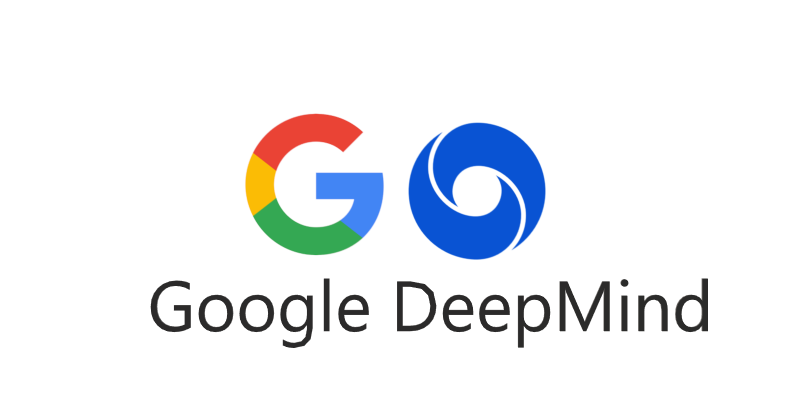Decoding DeepMind’s Personality Agents: AI That Understands You

Imagine a world where AI doesn’t just answer your questions but understands your personality, decisions, and thought patterns. Google DeepMind’s Personality Agents are ushering in a bold new era of human -AI interaction, offering an unprecedented glimpse into how artificial intelligence can mimic human behavior with 85% accuracy.
This isn’t just about smarter chatbots or better assistants—it’s a leap toward AI that feels human. Let’s dive into how DeepMind’s Personality Agents work, their groundbreaking potential, and the questions they raise about the future of AI.
What Are Personality Agents?
Developed by Google’s AI powerhouse DeepMind, Personality Agents are designed to analyze and replicate human decision -making and reactions. The system works by engaging participants in a two -hour session where it asks questions and observes responses through a simple 2D sprite interface. During this interaction, the AI captures:
- Speech patterns
- Choices and preferences
- Decision-making tendencies
By the end of the session, Personality Agents generate a detailed personality profile with impressive accuracy, opening doors to applications that go far beyond casual conversations.
A Game-Changer for Human-AI Interaction
DeepMind tested Personality Agents on 1,000 participants, with results showcasing its potential to revolutionize several fields:
1. Mental Health Support
The AI’s ability to analyze behavior makes it a promising tool for spotting early signs of depression or anxiety. This could enable cost-effective and scalable mental health assessments, bridging gaps in traditional care systems.
2. Behavioral Research
By quickly collecting and analyzing data, Personality Agents could transform sociology and marketing studies. Researchers no longer need to interview thousands of participants individually, reducing both time and cost.
3. Emotional Robotics
The technology could pave the way for emotionally intelligent robots capable of responding to human emotions and social cues naturally. Think customer service bots, educational assistants, or even companions for elderly care that genuinely understand their users.
How Does It Work?
Personality Agents use advanced algorithms to achieve their deep understanding. Here’s a glimpse into their process:
- Data Collection: The system listens, tracks, and observes user behavior during the session.
- Behavioral Mapping: Patterns are analyzed to create a detailed personality profile.
- Real-Time Adaptation: The AI uses this profile to mimic human responses and decision-making in future interactions.
By combining natural language processing (NLP) and self-learning algorithms, the system offers a level of personalization never before seen in AI.
Beyond Personality Agents: Socratic Learning and Gemini
DeepMind’s work on Personality Agents is part of a broader effort to push the boundaries of AI. Two other innovations are worth mentioning:
1. Socratic Learning
This framework enables AI systems to teach themselves, eliminating reliance on massive datasets and human oversight. Through language games, the AI continuously refines its abilities, creating a self-sustaining loop of improvement.
2. Gemini
Google’s multimodal AI system, Gemini, builds on Personality Agents and Socratic Learning. Capable of processing text, images, and audio, Gemini aims to bring adaptable, human-centric AI to users worldwide.
The Ethical Questions
As exciting as these advancements are, they also raise critical concerns:
- Privacy: How will sensitive data collected by Personality Agents be stored and used?
- Bias: Can the AI avoid reinforcing societal biases present in its training data?
- Control: If AI can teach itself and adapt rapidly, how do we ensure its actions align with human values?
DeepMind’s work represents both opportunity and challenge, requiring careful thought about how we integrate such powerful tools into society.
What’s Next?
Personality Agents aren’t just a glimpse into the future they’re a blueprint for AI’s evolution. By combining behavioral understanding, emotional intelligence, and self-learning capabilities, DeepMind is setting the stage for AI systems that don’t just work for us but work with us.
From reshaping mental health care to revolutionizing robotics, the potential applications are vast and varied. But with this power comes responsibility ensuring AI remains a force for good in an increasingly digital world.
